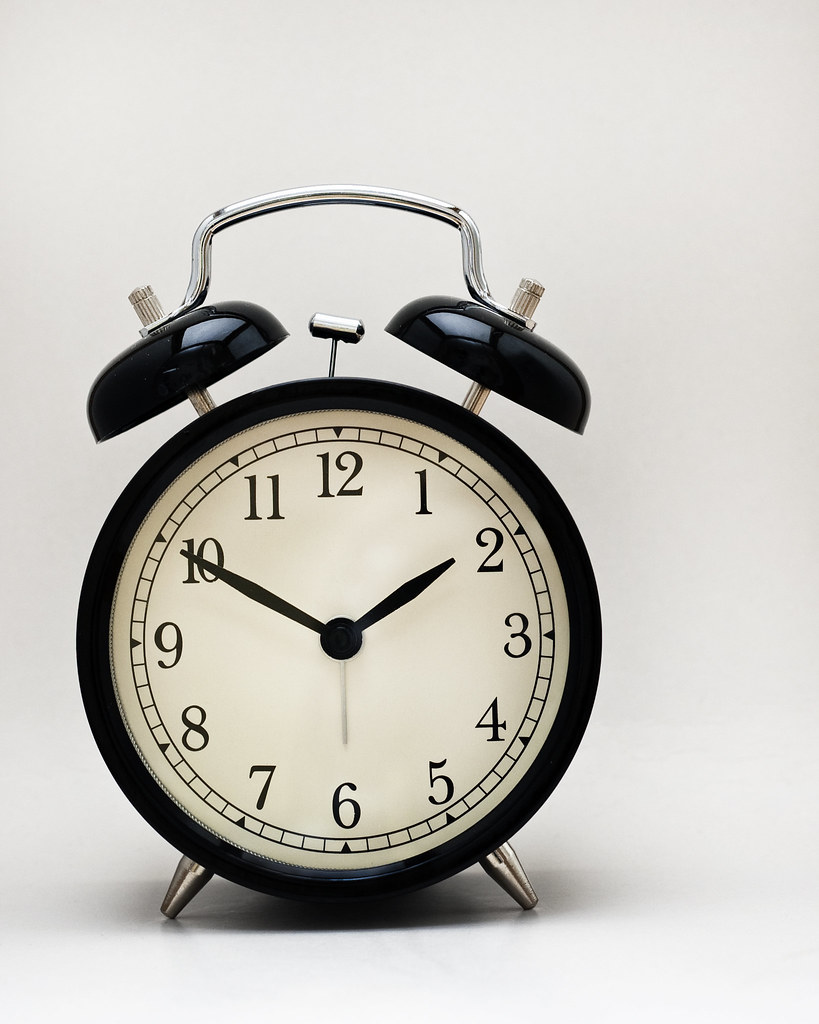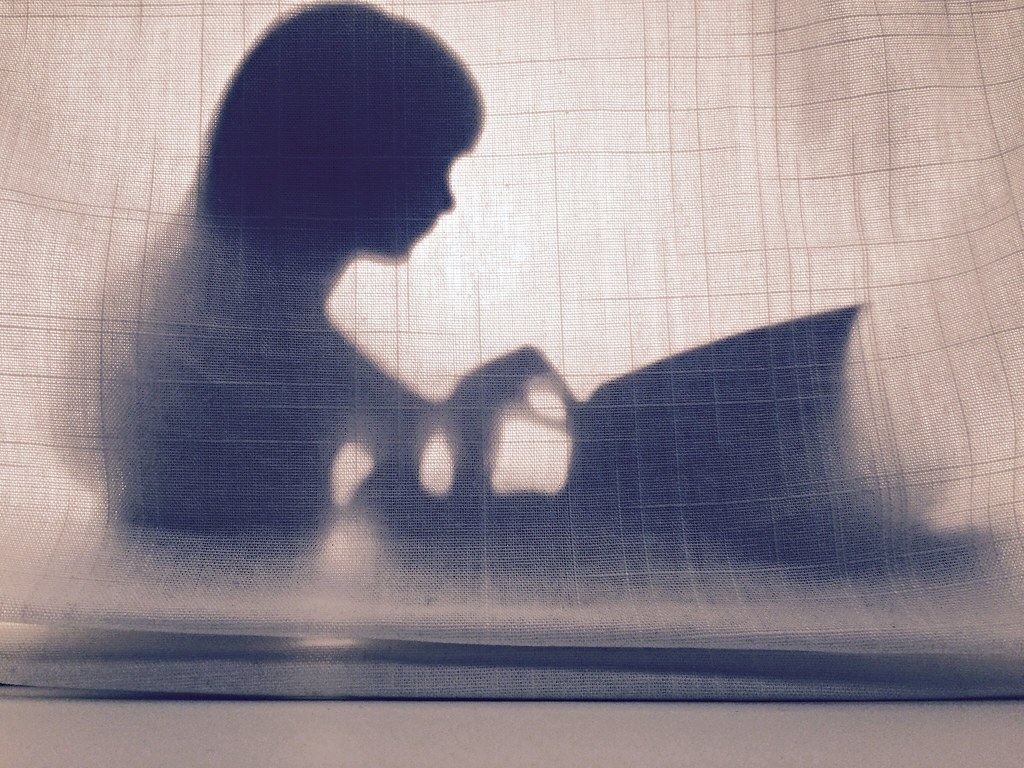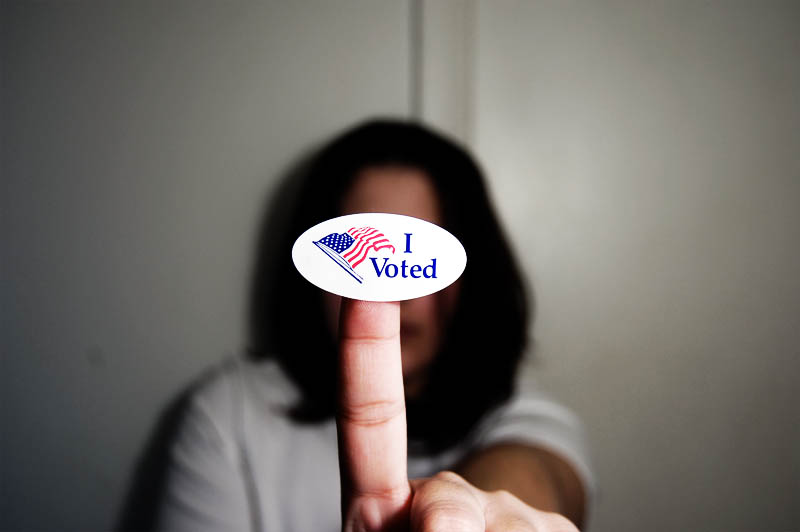 |
| Photo credit: mine |
It's Halloween! Also known as the last day of October, which means it's time for this month's Fixing the First Page Feature! Hooray!
Here we go!
Title: LEGACY
Genre/Category: NA Dystopian Urban Fantasy
First 250 words:
Interesting! I'm curious about a couple things here, like what's going on and why the protagonist hurt themself when touching the doorknob (does that happen with any doorknob? just this particular door?). My main concern right now is that it's very internal so far and the e-mail is so vague it strikes me as a tad bit...melodramatic, I guess? I couldn't really take it seriously because it felt so fictional, I suppose, but that could very well just be me. Otherwise, I'm liking the wintry backdrop and my curiosity is piqued. :)
Now for the in-line notes:
Note: upon a second read, the main issue I'm noting is as a reader, I don't feel your protagonist's anger. This is for two reasons—one, we've literally just met your protagonist and know nothing about why they're pissed (which is fine, this is the first page), but also because I haven't really connected with them yet. You've got the emotions in place, so to try to start forging this connection I recommend including more of their thoughts. What are they thinking when they finally see their destination? What are they thinking about the e-mail? Do they know who sent it? What it's referring to? I have no idea what's going on as a reader, but your protagonist does, so we should get glimpses of that even from the first page.
Okay! So all in all, this is well-polished already to begin with—I didn't have a whole lot to adjust in the line edits because with exception to the minor points I noted, it already reads smoothly, so nicely done! I think it could still use a little tweaking, as I mentioned above, but if I saw this in the slush I'd definitely keep reading. :)
I hope that helps! Thanks for sharing your first 250 with us, Lindsey!
Would you like to be featured in the next Fixing the First Page critique? Keep an eye out for the next giveaway in November!
Genre/Category: NA Dystopian Urban Fantasy
First 250 words:
"Only one thing could make me leave my house for the first time in two years—the promise of revenge. The vague message I’d received via email had been just a hint, but the opportunity had sounded too sweet to resist.
Hell Here at 10. No more.
Bundled against the driving snow in a wool coat and gloves, I marched down the sidewalk in front of my house. The brutal Iceland wind whipped my collar into my chin and spiked frozen needles through the leather on my hands. My loud, crunchy footsteps through the knee-high snowdrifts beat a laborious rhythm at the back of my skull. I was used to dead silence contained within four walls, not this eternal winter bullshit.
By the time Hell Here’s neon lights strobed behind the falling snow, I quickened my pace. Despite the harsh weather, the arctic air fanned the vengeful fire that burned in my gut into a raging storm.
I grinned, possibly a little too maniacally, because a couple coming up the sidewalk skirted wide. I eased up the shoveled path toward the thick wooden door of Hell Here and mistakenly made a grab at the handle. Pain stabbed into my hand and flared red across my vision. An anguished cry ripped from my mouth and lost itself in the wind. I backed away, gripping my palm to my middle, while tears iced my cheeks. Thankfully, no one stood around to see that nonsense.
A burly man knocked his way out the door, and I slid by him into the crowded bar."
Interesting! I'm curious about a couple things here, like what's going on and why the protagonist hurt themself when touching the doorknob (does that happen with any doorknob? just this particular door?). My main concern right now is that it's very internal so far and the e-mail is so vague it strikes me as a tad bit...melodramatic, I guess? I couldn't really take it seriously because it felt so fictional, I suppose, but that could very well just be me. Otherwise, I'm liking the wintry backdrop and my curiosity is piqued. :)
Now for the in-line notes:
"Only one thing could make me leave my house for the first time in two years—the promise of revenge. Interesting opening. I'm curious. The vague message I’d received via email had been just a hint, but the opportunity had sounded too sweet to resist. Here's my second issue with the e-mail: your protagonist mentions the opportunity sounds too good to resist, but the e-mail is so vague that no opportunity is mentioned. So if your protagonist knows what opportunity this is referring to, the readers should know too.
Hell Here at 10. No more.
Bundled against the driving snow in a wool coat and gloves, I marched down the sidewalk in front of my house. The brutal Iceland wind whipped my collar into my chin and spiked frozen needles through the leather on my hands. Great imagery here. My loud, crunchy footsteps through the knee-high snowdrifts beat a laborious rhythm at the back of my skull. "Laborious rhythm" doesn't sound to me like something anyone would say casually—and it throws off the flow to me (which is ironic, because it's talking about rhythm). I was used to dead silencecontainedwithin four walls, not this eternal winter bullshit. Nice voice.
By the timeHell Here’s neon lights strobed behind the falling snow,; I quickened my pace. Adjusted because "by the time" indicates something happened by the time they reach the place. Right now it sounds like you're saying when they see the lights they speed up. Despite the harsh weather, the arctic air fanned the vengeful fire that burned in my gut into a raging storm. See note on this below.
I grinned, possibly a little too maniacally, because a couple coming up the sidewalk skirted wide. I eased up the shoveled path toward the thick wooden door of Hell Here and mistakenly made a grab at the handle. Pain stabbed into my hand and flared red across my vision. An anguishedcry ripped from my mouth and lost itself in the wind. I backed away, gripping my palm to my middle, while tears iced my cheeks. Lovely detail. I've had this happen IRL and it is a bizarre thing to experience. Thankfully, no one stood around to see that nonsense.
A burly man knocked his way out the door, and I slid by him into the crowded bar."
Note: upon a second read, the main issue I'm noting is as a reader, I don't feel your protagonist's anger. This is for two reasons—one, we've literally just met your protagonist and know nothing about why they're pissed (which is fine, this is the first page), but also because I haven't really connected with them yet. You've got the emotions in place, so to try to start forging this connection I recommend including more of their thoughts. What are they thinking when they finally see their destination? What are they thinking about the e-mail? Do they know who sent it? What it's referring to? I have no idea what's going on as a reader, but your protagonist does, so we should get glimpses of that even from the first page.
Okay! So all in all, this is well-polished already to begin with—I didn't have a whole lot to adjust in the line edits because with exception to the minor points I noted, it already reads smoothly, so nicely done! I think it could still use a little tweaking, as I mentioned above, but if I saw this in the slush I'd definitely keep reading. :)
I hope that helps! Thanks for sharing your first 250 with us, Lindsey!
Would you like to be featured in the next Fixing the First Page critique? Keep an eye out for the next giveaway in November!
Twitter-sized bite:
.@Ava_Jae talks deepening POV, great imagery and more in the 28th Fixing the First Page Feature. (Click to tweet)













